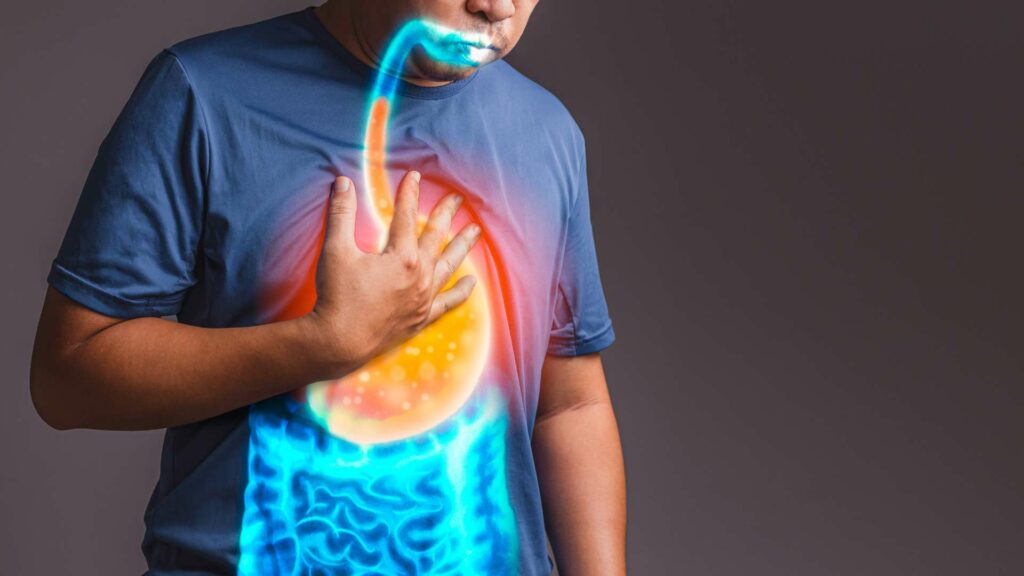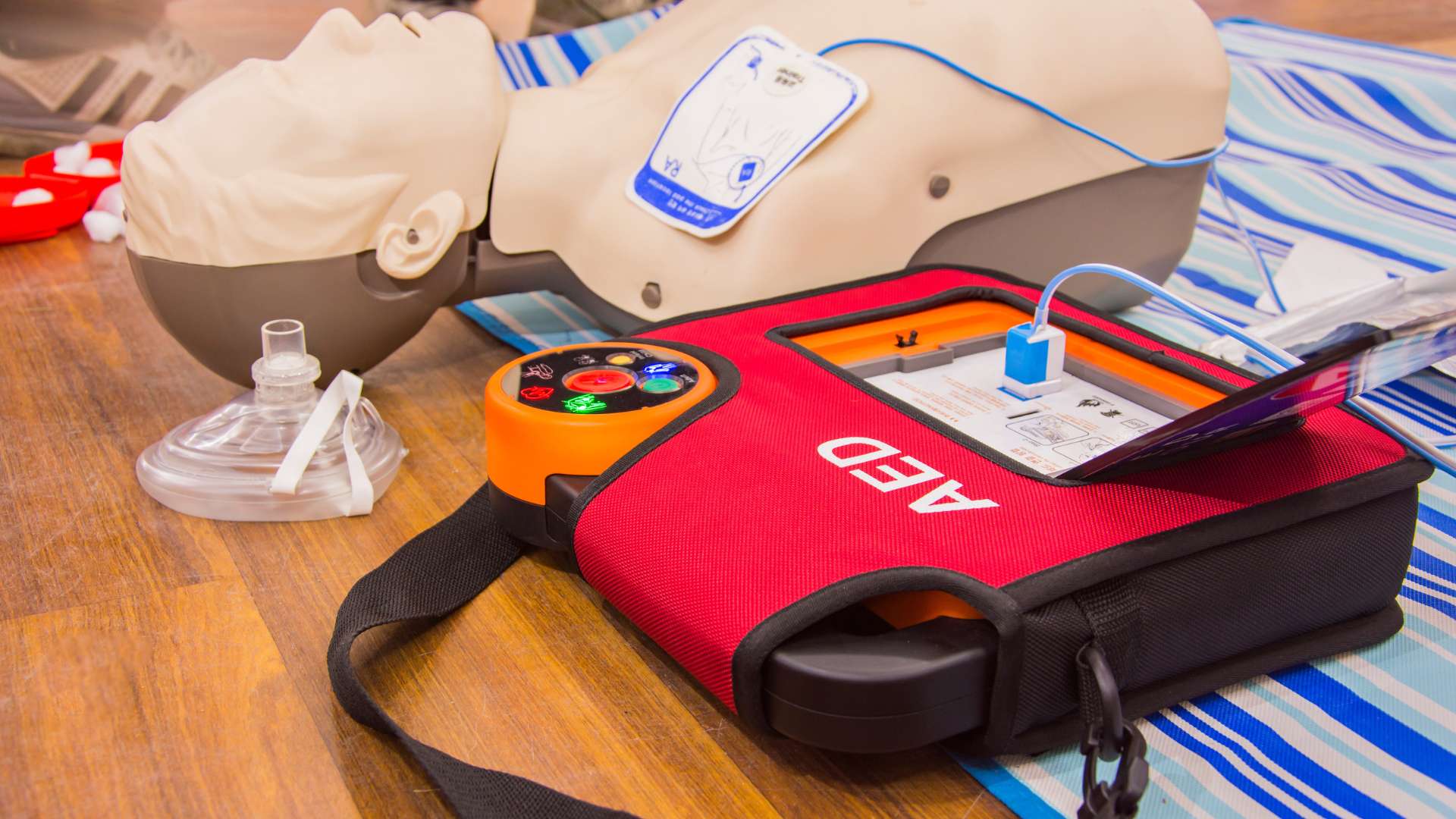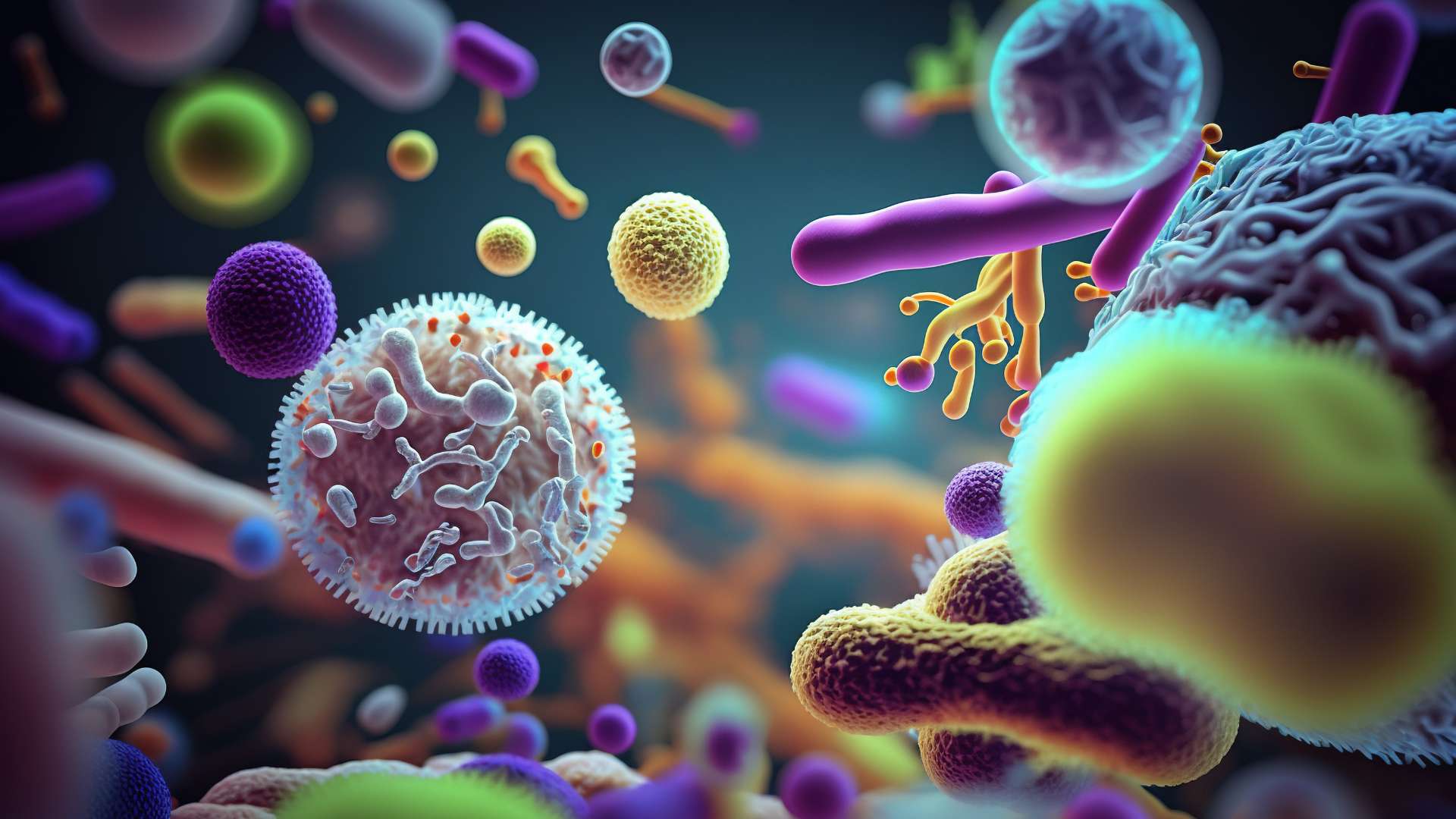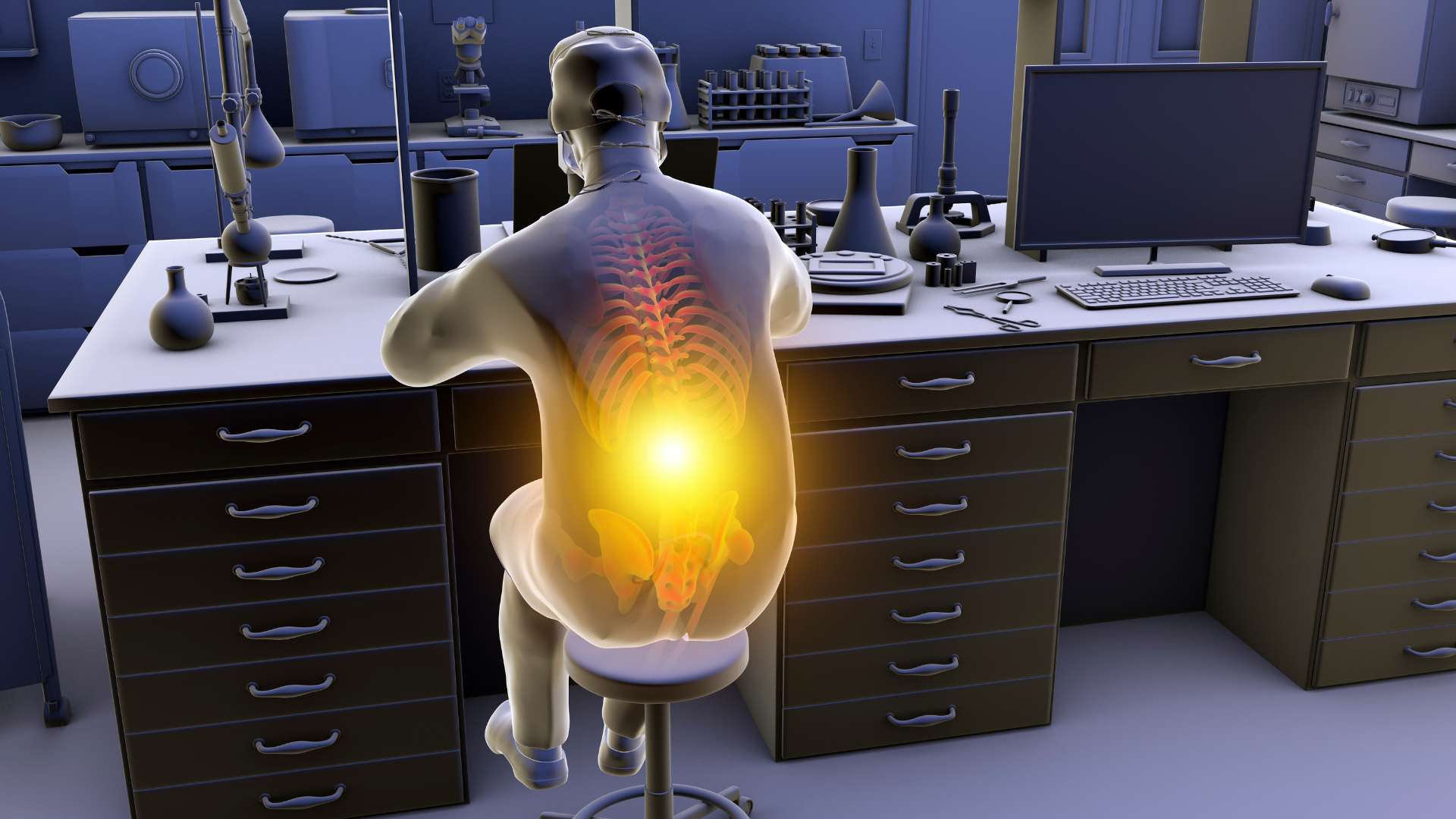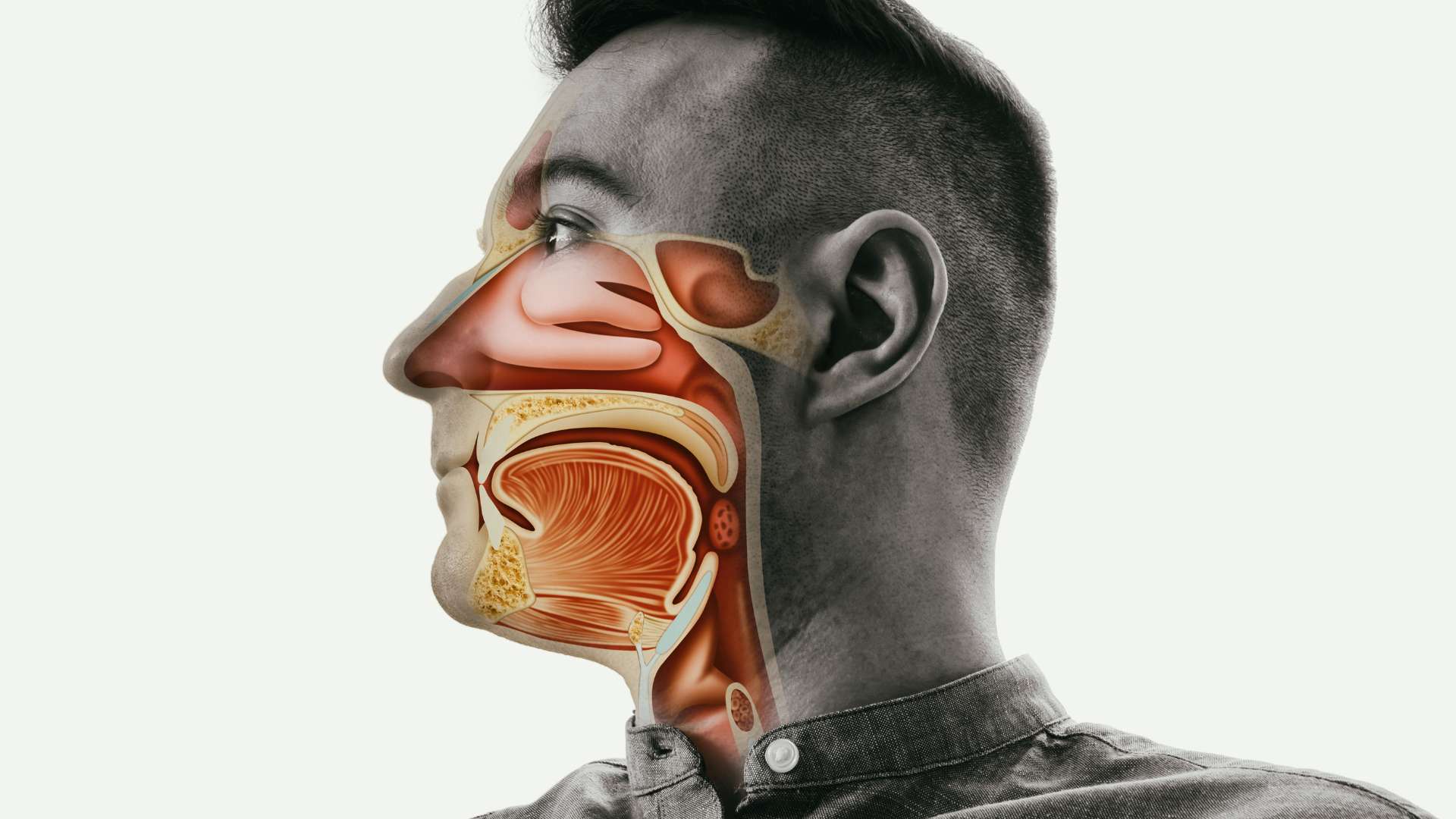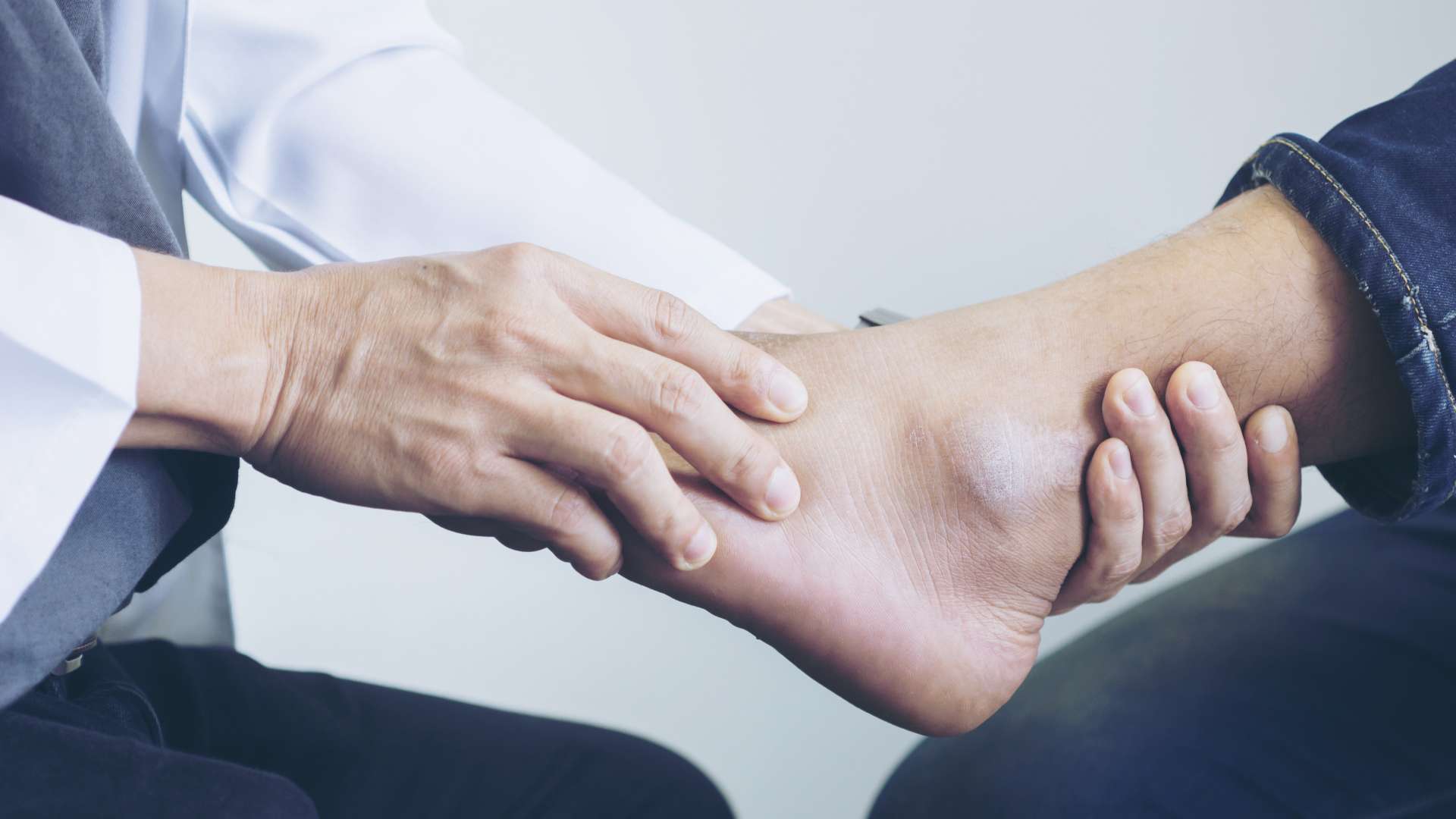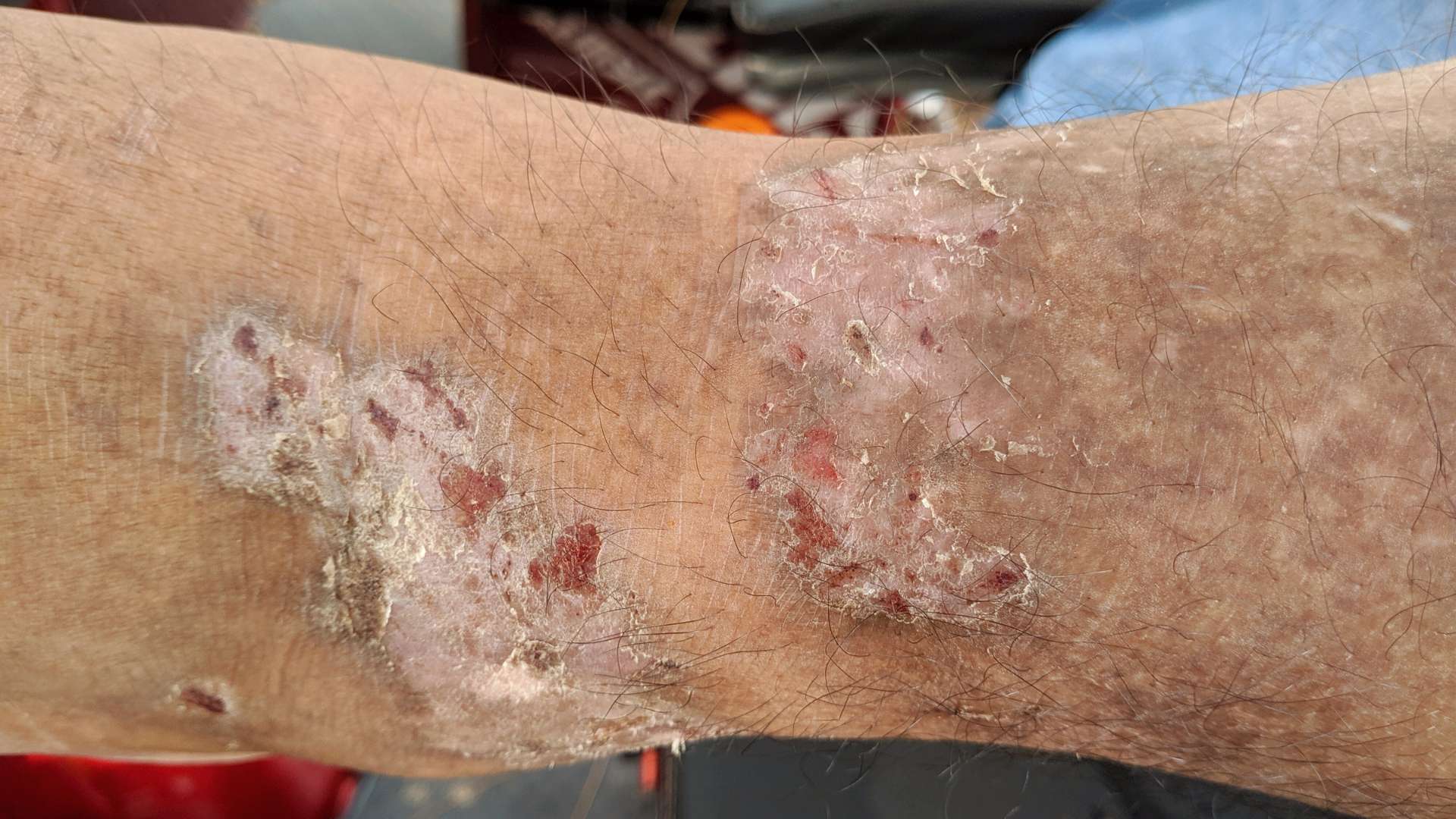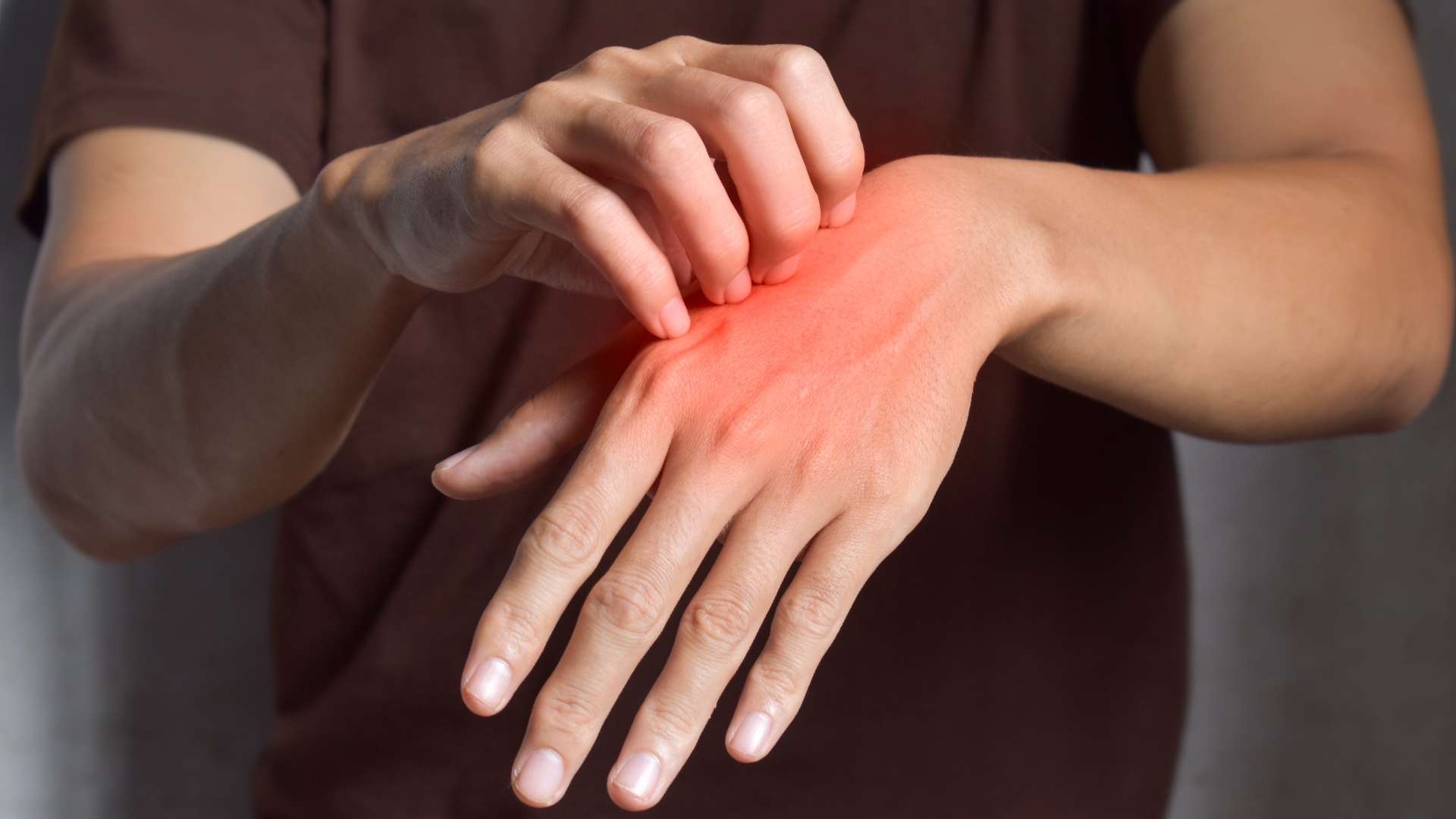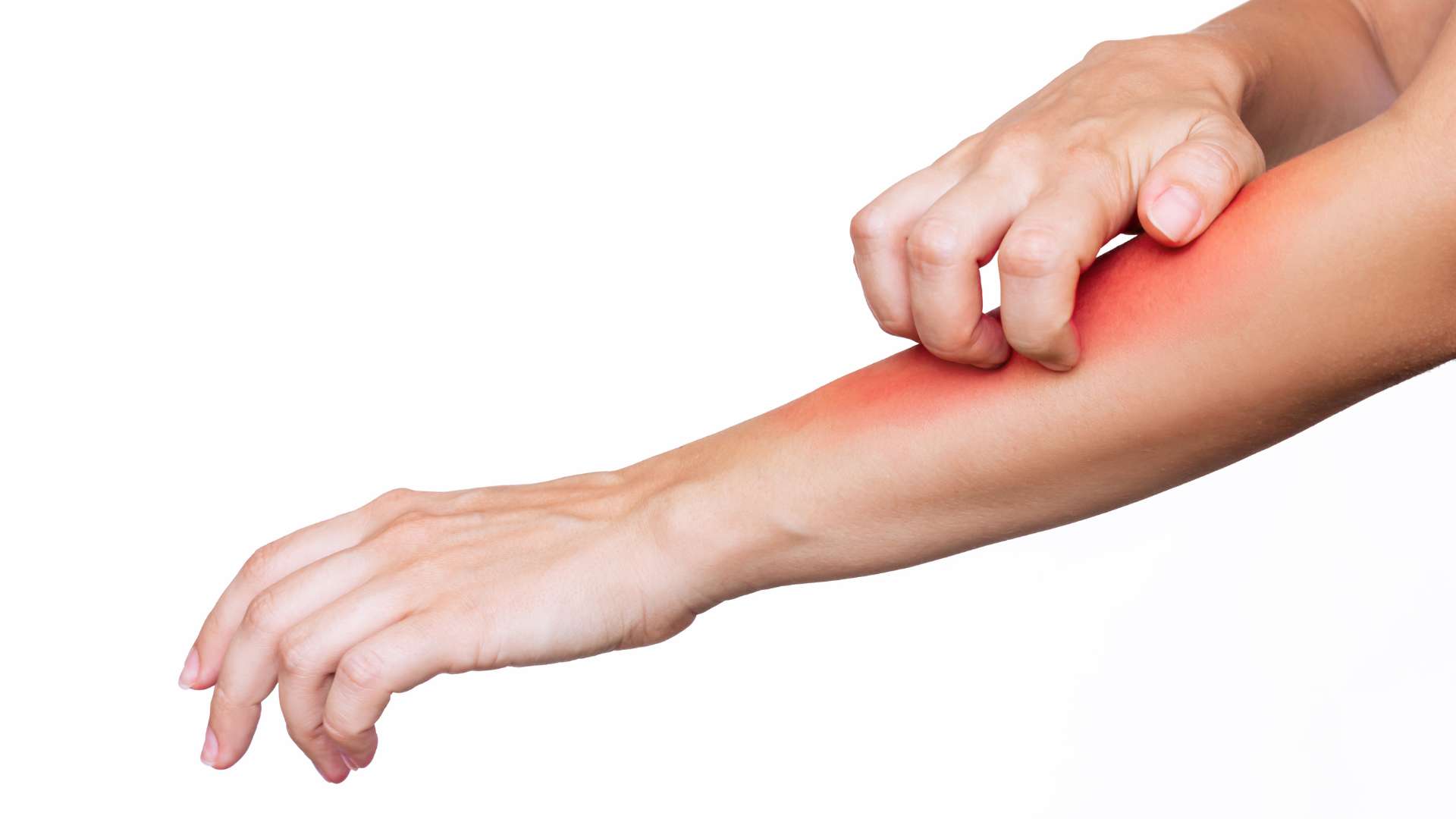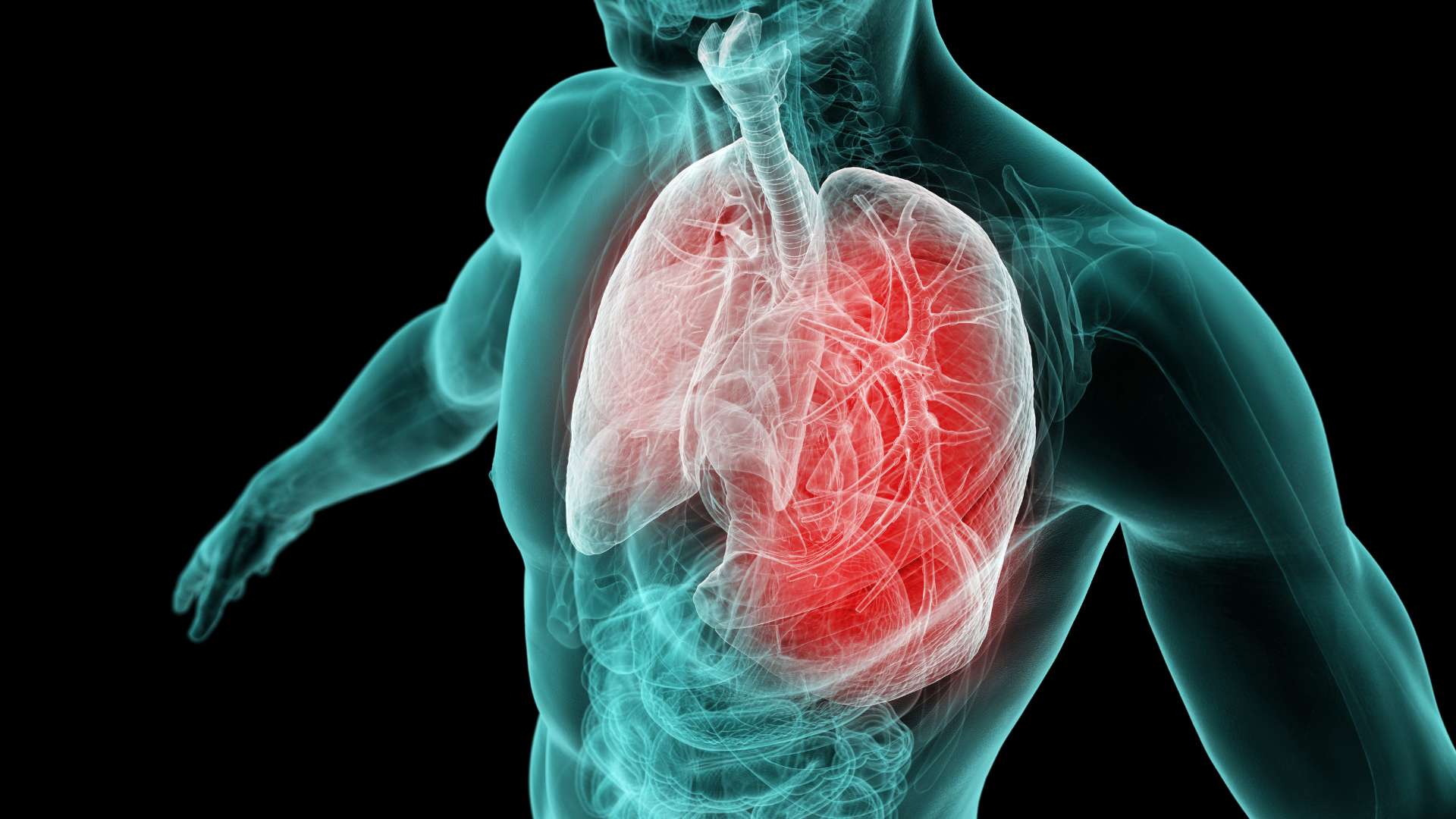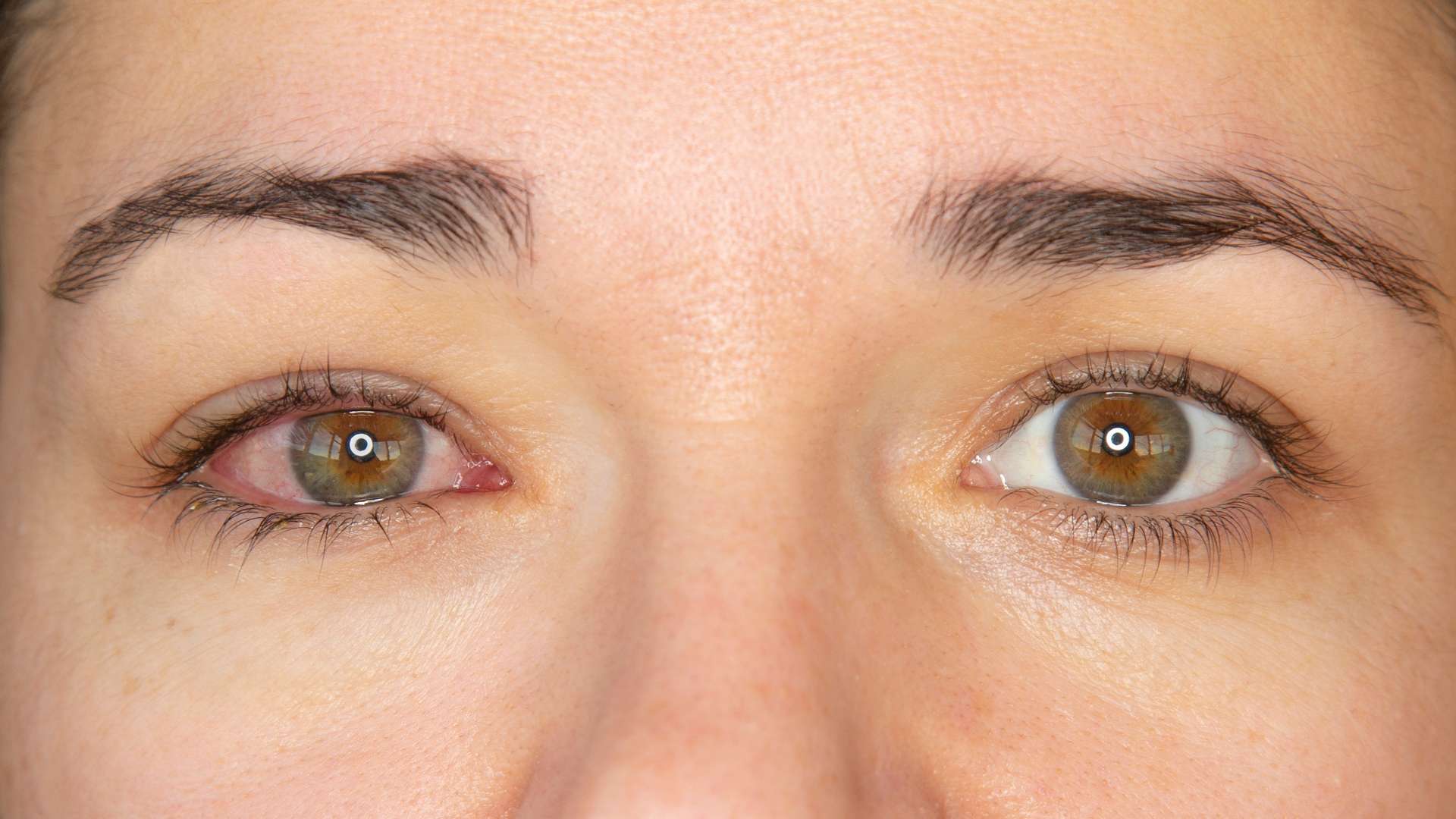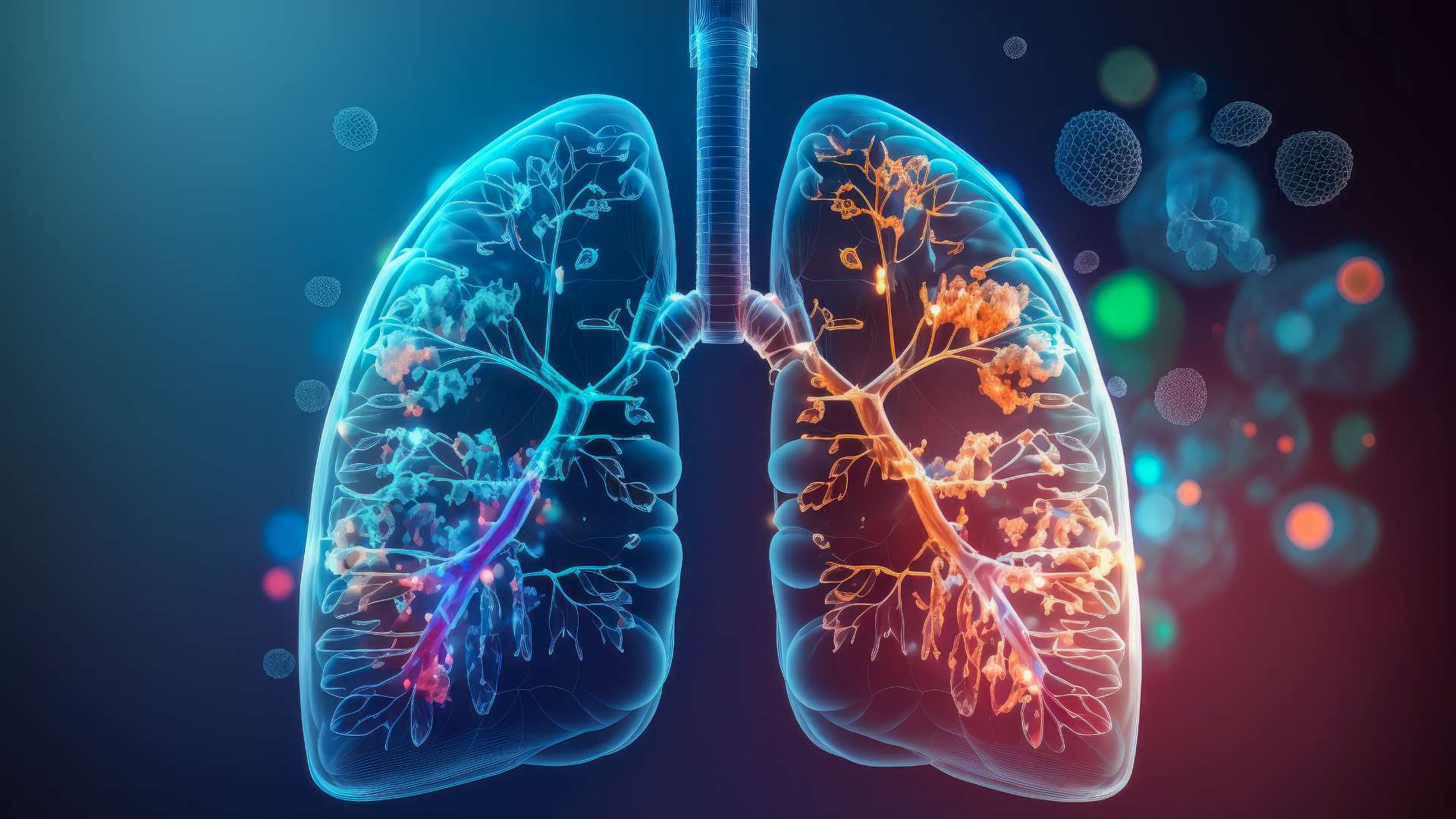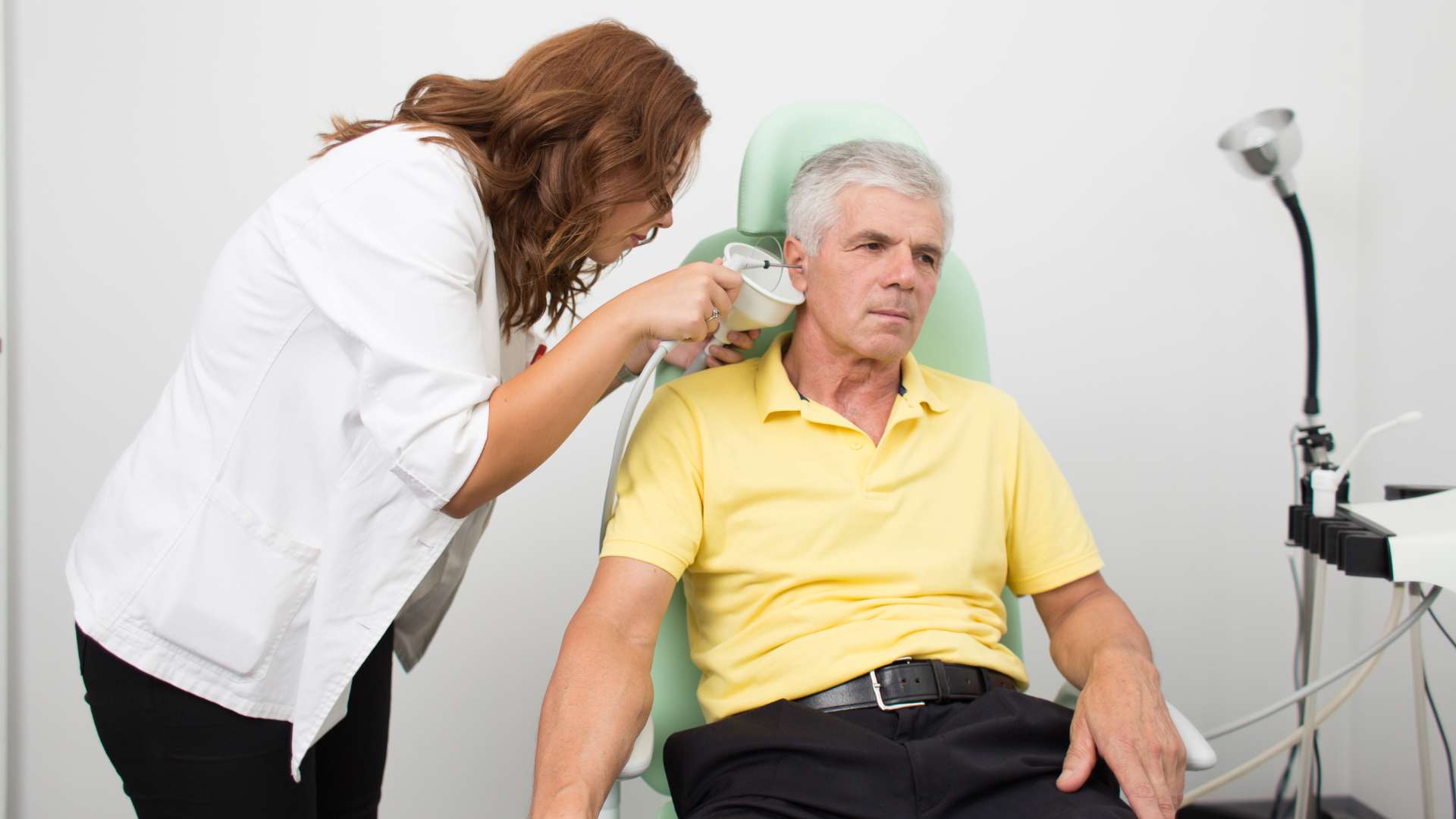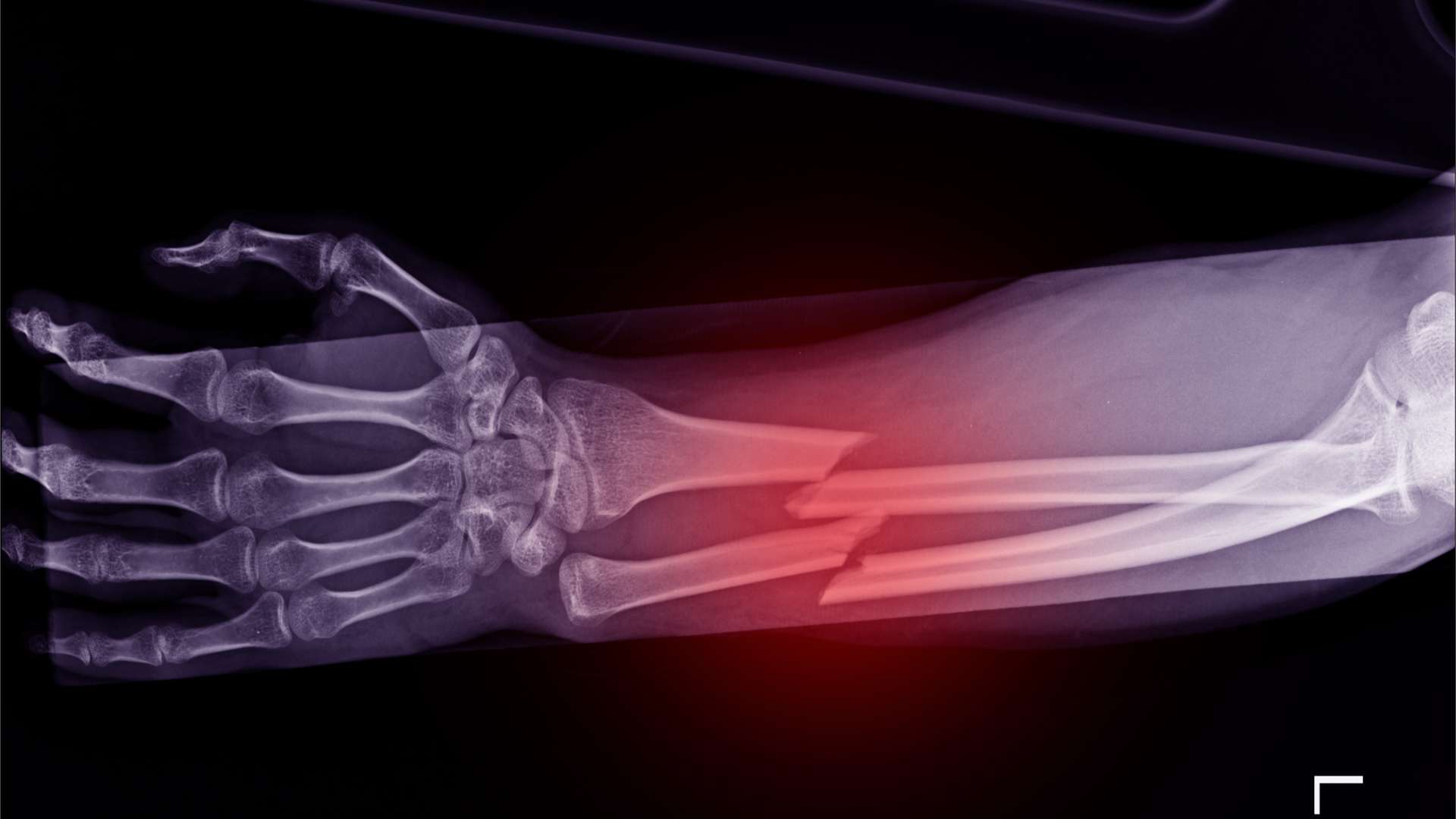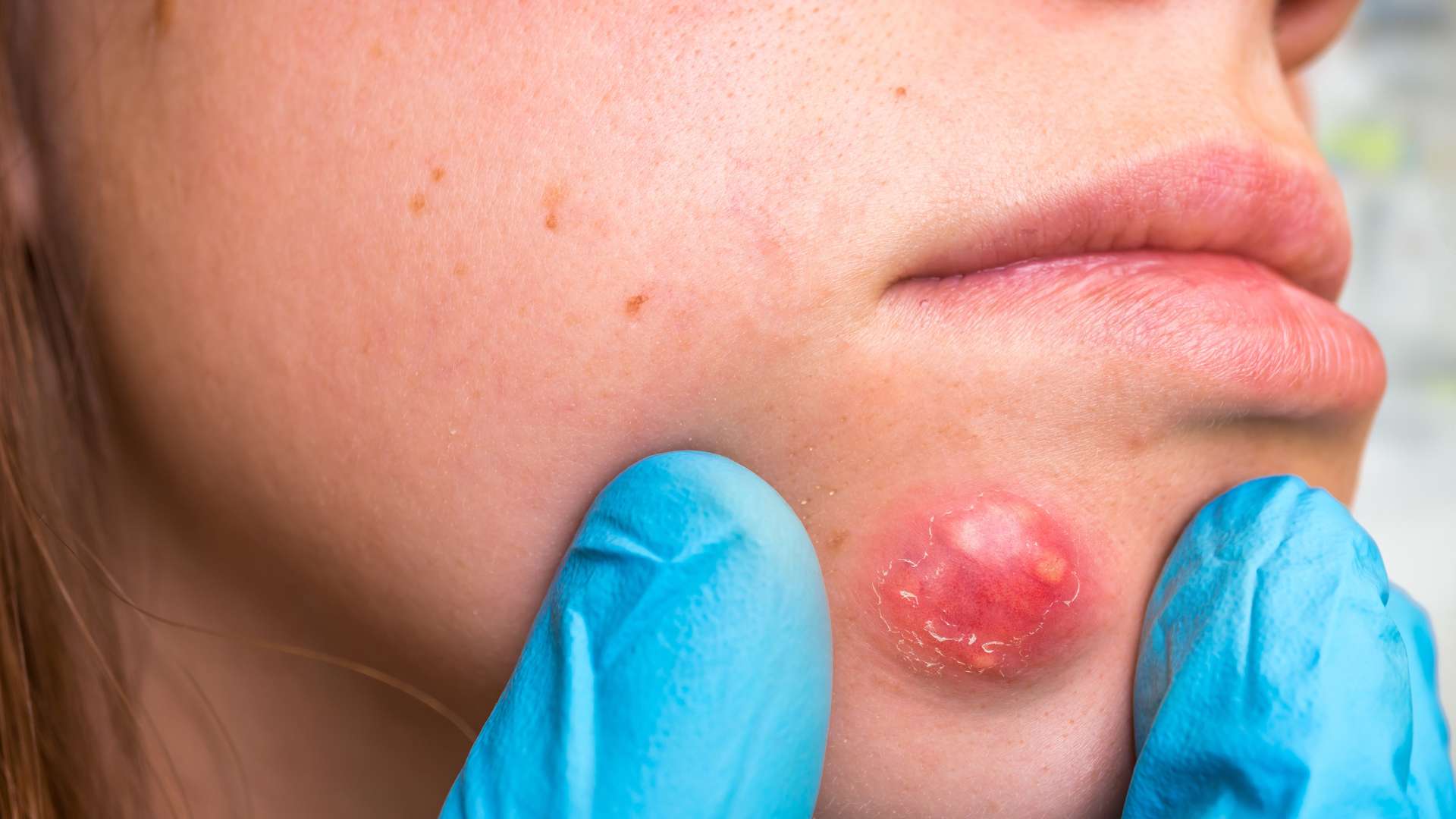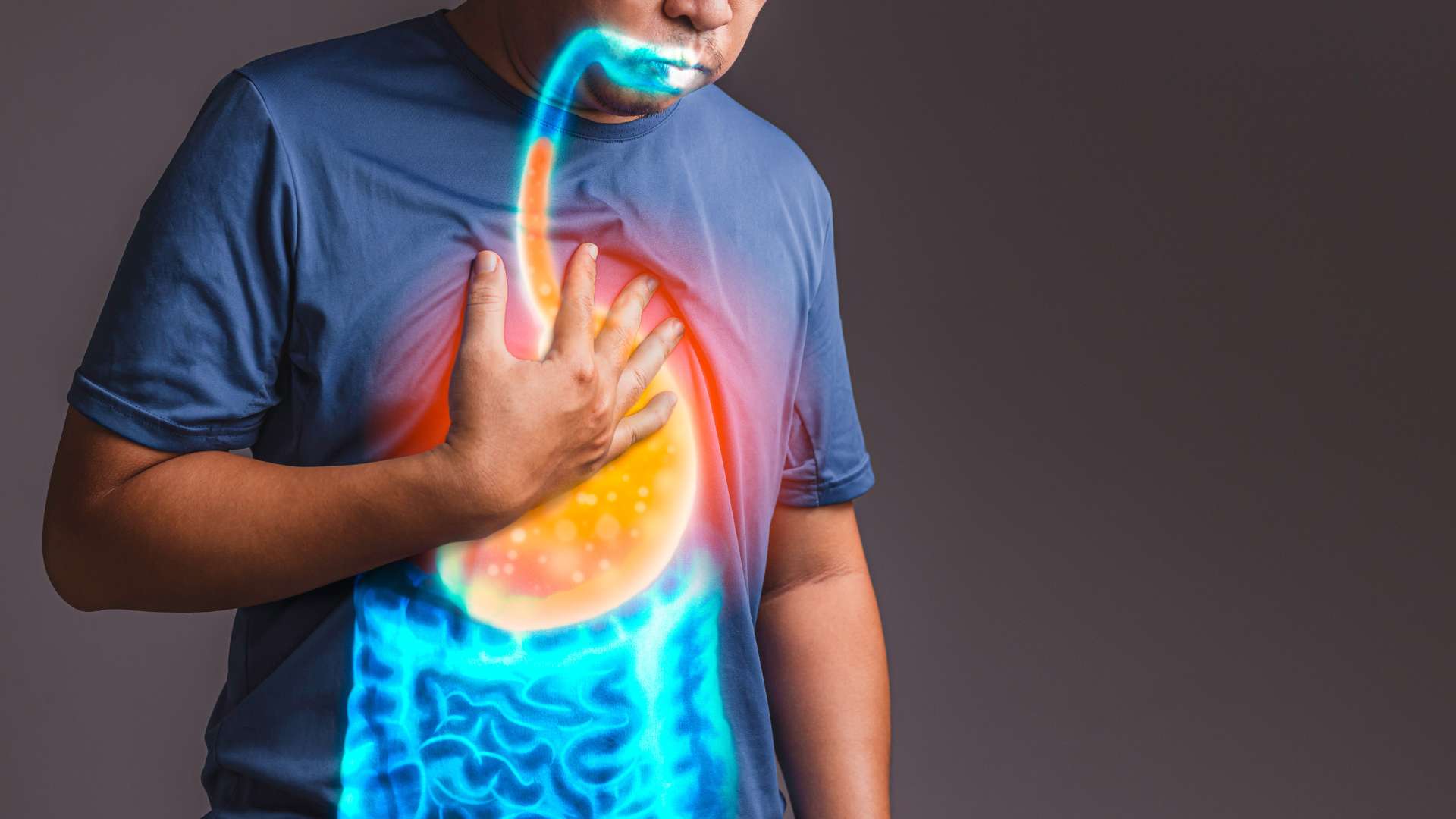Your stomach’s entrance is protected by a valve called the lower esophageal sphincter (LES), which is a circular muscle. Normally, the LES promptly closes once food passes through it. Nevertheless, if it doesn’t close entirely or opens too frequently, stomach acid can regurgitate into your esophagus, leading to acid indigestion.
This may lead to unpleasant symptoms like a fiery sensation in your chest, commonly known as heartburn. When these acid reflux symptoms occur more than twice a week, it could indicate acid reflux disease (link to Acid Reflux page), medically referred to as gastroesophageal reflux disease (GERD).
What is Heartburn?
Heartburn refers to the discomfort or pain resulting from digestive acid flowing into the esophagus, the tube that carries food to the stomach. Common characteristics of heartburn include a burning sensation in the chest, which may extend to the upper abdomen. It typically occurs after eating or when in a reclined or bent position.
What Does Heartburn Feel Like?
This may lead to unpleasant symptoms like a fiery sensation in your chest, commonly known as heartburn. When these acid reflux symptoms occur more than twice a week, it could indicate acid reflux disease (link to Acid Reflux page), medically referred to as gastroesophageal reflux disease (GERD).
What Are the Additional Symptoms Associated with Heartburn?
Differentiating between heartburn and other forms of chest pain can sometimes be challenging. When uncertain about the type of pain experienced, it is always advisable to consult a healthcare provider.
Identifying accompanying symptoms can help distinguish heartburn from a heart attack or other esophageal disorders. If your heartburn stems from acid reflux, you might experience:
Burping.
A sour taste in the mouth.
Nausea.
Regurgitation of food.
Some other atypical symptoms of acid reflux include:
Stomach bloating and a feeling of overfullness.
Hiccups.
Chronic cough.
Worsening asthma.
Sore throat.
Laryngitis.
Difficulty swallowing or sensation of a lump in the throat.
Chest pain resembling angina (noncardiac chest pain).
How Long Does Heartburn Occur?
The duration of heartburn can vary, ranging from a few minutes to a few hours. Typically, it subsides once the last meal you consumed has fully passed through your stomach.
As the stomach empties its contents, there should be no reflux occurring. The time it takes for the stomach to complete digestion can vary depending on the meal, usually two to five hours.
Meals that are rich and high in fat generally take longer to break down in the stomach.
Main Causes of Heartburn
The primary culprit behind heartburn is often acidic or high-fat foods, such as citrus fruits, tomatoes, onions, chocolate, coffee, cheese, peppermint, and alcohol.
Likewise, excessive food intake and tight clothing can contribute to discomfort. Additionally, heartburn may arise from using aspirin or ibuprofen, certain sedatives, and blood pressure medications.
What Causes the Sudden Onset of Heartburn?
If you’ve recently experienced heartburn, and there have been no recent changes in your diet or lifestyle, other factors may contribute to its development over time. Some examples include:
Aging: As you age, your muscles, including the lower esophageal sphincter, may weaken, leading to the development or worsening of heartburn.
Weight gain: Although weight gain typically occurs gradually, symptoms like heartburn can suddenly appear once you reach a certain weight threshold.
Medications: If you have recently started or changed medications, you must inquire with your healthcare provider about the possibility of these medications causing acid reflux.
Severe Heartburn Effects
An excess of stomach acid can lead to complications such as gastritis and stomach ulcers. Acid reflux can also exacerbate conditions like asthma or other chronic respiratory issues.
Moreover, if the reflux reaches the throat, it can result in swelling and the formation of ulcers and growths in that area.
Is Heartburn Critical?
Intermittent heartburn can be unpleasant, but it typically doesn’t cause significant harm. In reality, a certain degree of acid reflux is considered normal, and many individuals don’t even notice it.
However, if you’re experiencing noticeable symptoms, it could indicate that you’re experiencing more acid reflux than your esophagus can handle. Occasional instances of this excess reflux are like minor wounds that heal swiftly.
Yet, when such occurrences become frequent, your esophagus may not have sufficient time to heal between episodes. In such cases, prolonged and repeated exposure to stomach acid may lead to potential complications. A constantly injured esophagus lining can cause long-term issues.
One issue is esophageal strictures. Esophageal strictures can occur when the tissues lining the esophagus experience constant inflammation, forming scar tissue.
As the esophagus is a tubular structure, this inflammation and scarring cause it to narrow, resulting in swallowing difficulties and potential food blockages.
Another consequence of chronic inflammation in the esophagus is intestinal metaplasia, where the tissues transform, resembling the lining of the intestines. This condition is known as Barrett’s esophagus and is considered a precancerous state.
Additionally, Esophageal cancer, while rare, can develop in a small percentage of individuals. There is a direct connection between persistent inflammation (esophagitis) and cellular changes (Barrett’s esophagus) that may eventually lead to cancer. The risk of esophageal cancer increases with heartburn’s severity and untreated duration.
Self-Treatment
To minimize heartburn, it’s advisable to refrain from lying down for at least two hours following meals. Additionally, it might be beneficial to steer clear of fats, chocolate, and citrus. If symptoms arise, over-the-counter antacid medications can offer immediate relief.
On the other hand, medications like omeprazole and ranitidine may take longer to take effect but could provide more substantial and long-lasting relief.
Medical Treatment
Seek immediate medical attention if you:
Experience chest pain accompanied by sweating, shortness of breath, or pain in the arm or jaw.
Have heartburn symptoms that do not alleviate with over-the-counter antacids.
Schedule an appointment with a doctor if you:
Encounter heartburn two or more times a week.
Experience reflux symptoms that disrupt your sleep.
Develop a new persistent cough.
Face difficulty swallowing, along with nausea or vomiting.
Don’t notice improvement with self-treatment measures.
Experience unintentional weight loss.

